One Health intelligence resources
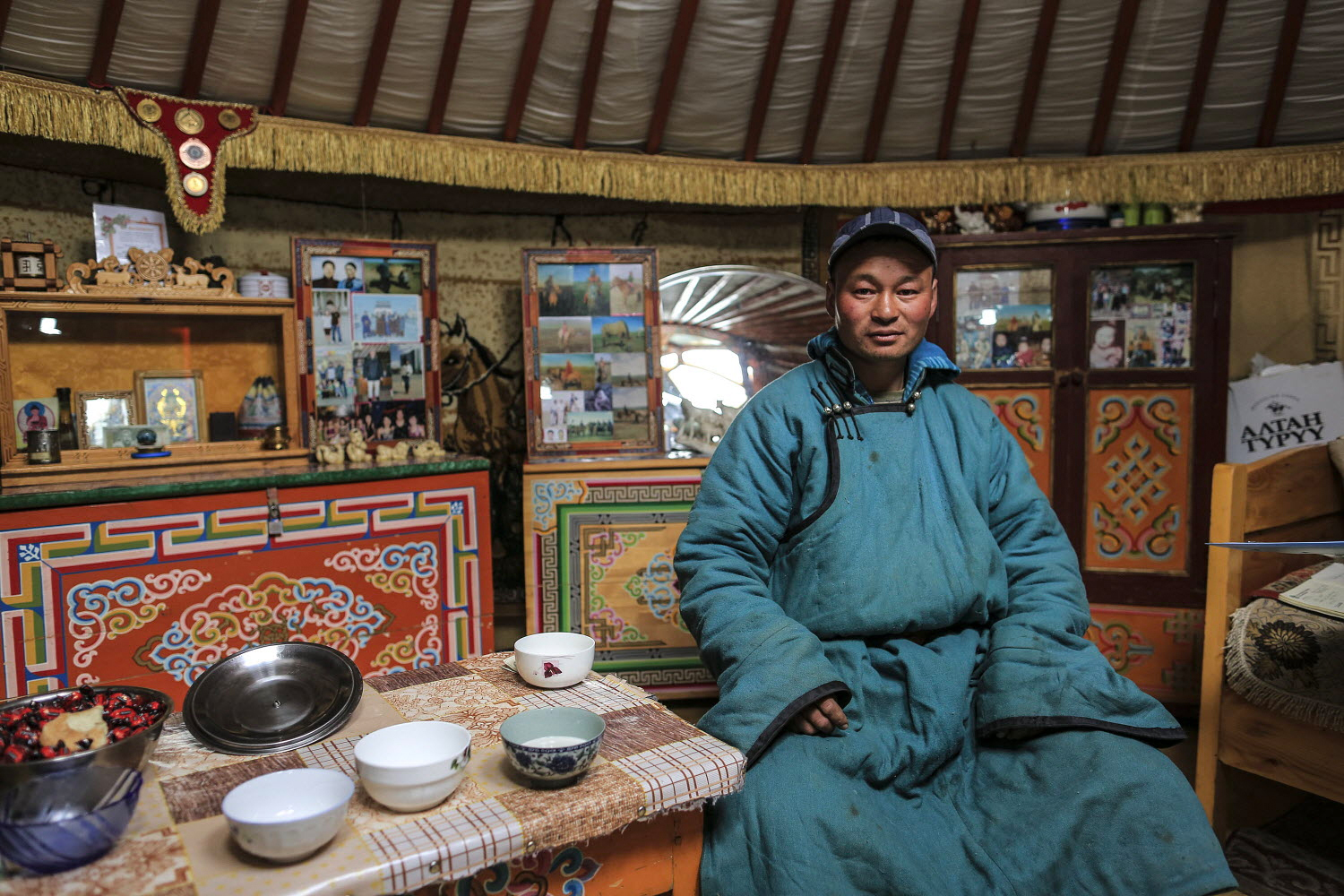
One Health Intelligence Scoping Study
The One Health Intelligence Scoping Study (OHISS) was conducted by FAO, UNEP, WHO and WOAH ‘to identify potential opportunities for improved technical harmonization of their and other prioritized systems to strengthen One Health intelligence’.
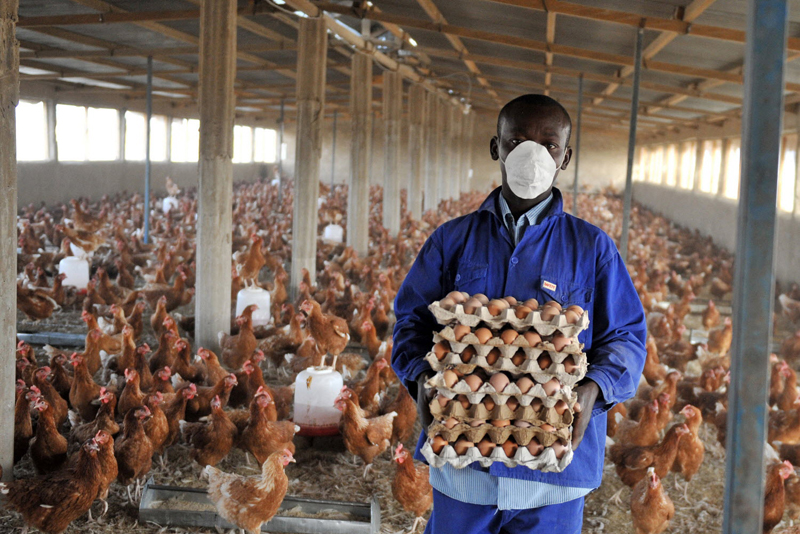
Joint FAO–OIE–WHO Global Early Warning System (GLEWS+)
GLEWS+ facilitates the rapid information sharing and risk assessment of health threats and events of potential concern at the human–animal–ecosystems interface internationally.
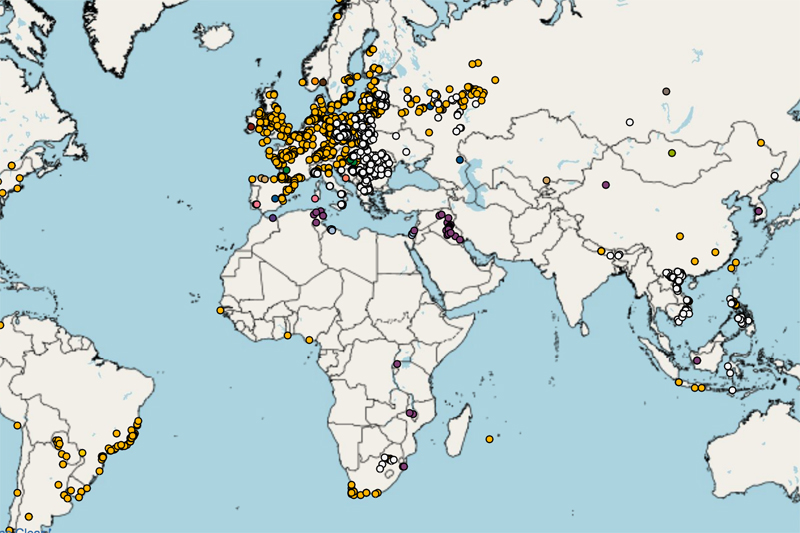
Global Animal Disease Information System (EMPRES-i+)
EMPRES-i+ is a web-based global animal disease information system to improve disease intelligence, data analysis and visualization, disease forecasting and early warning, enabling countries to monitor disease emergence, spread and the risk of new outbreaks.
Find out more
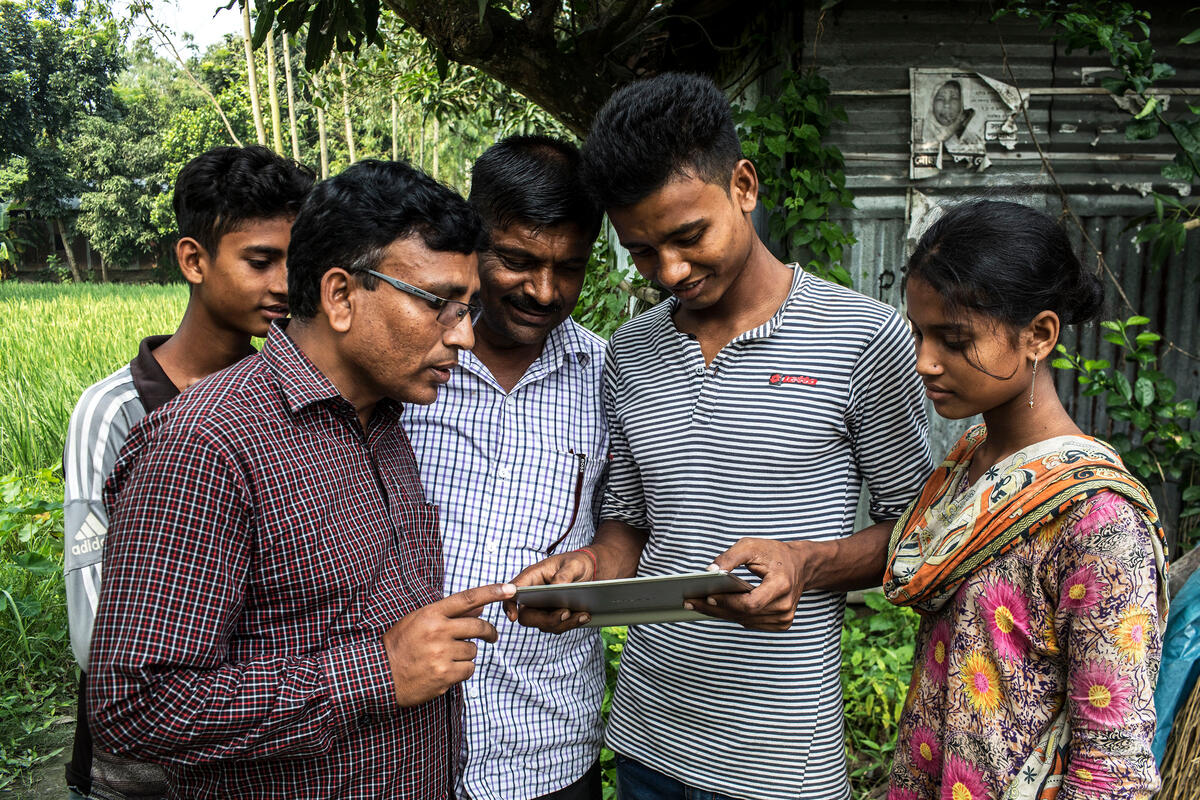
Highlights
The role of information and communication technology for One Health
In the face of growing global health challenges, particularly those arising from the complex interactions between humans, animals, and the environment, information and communication technology (ICT) is a powerful enabler of the One Health approach.
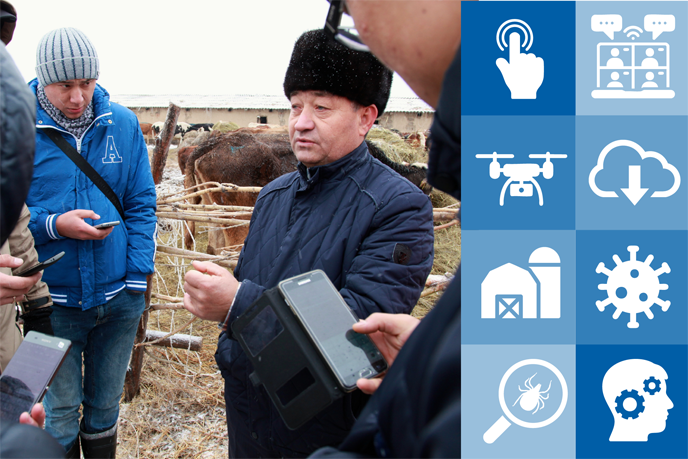
Community of Practice
Information and Communication Technology for One Health
Expand your knowledge and share experiences on existing and emerging ICT solutions that enhance data flow to strengthen One Health frameworks.
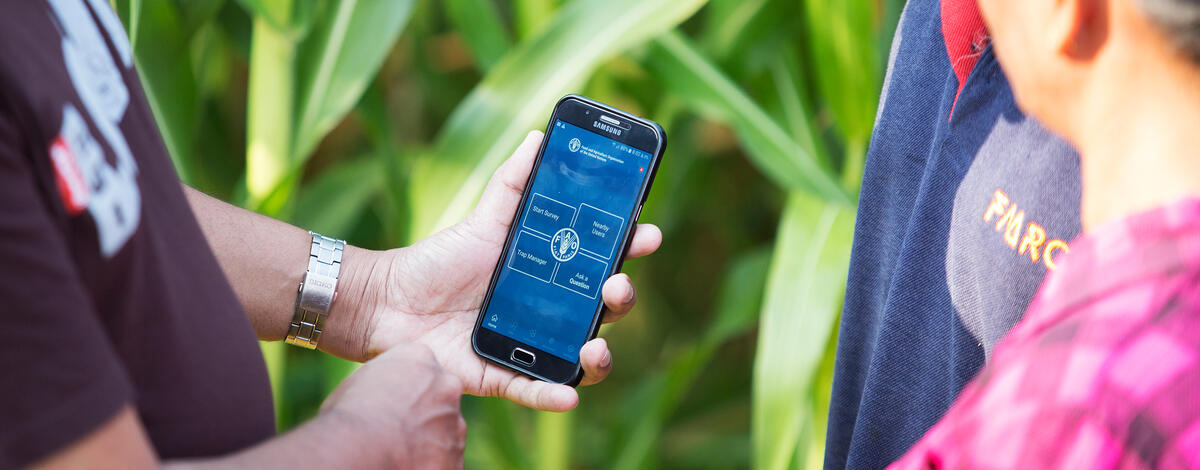
Highlights
Integration of information systems to support animal disease intelligence
Animal health is not only crucial for the well-being of livestock, but it also directly affects human health, food security and economic stability. In today's interconnected world, animal diseases can easily cross borders, making their control more challenging.
